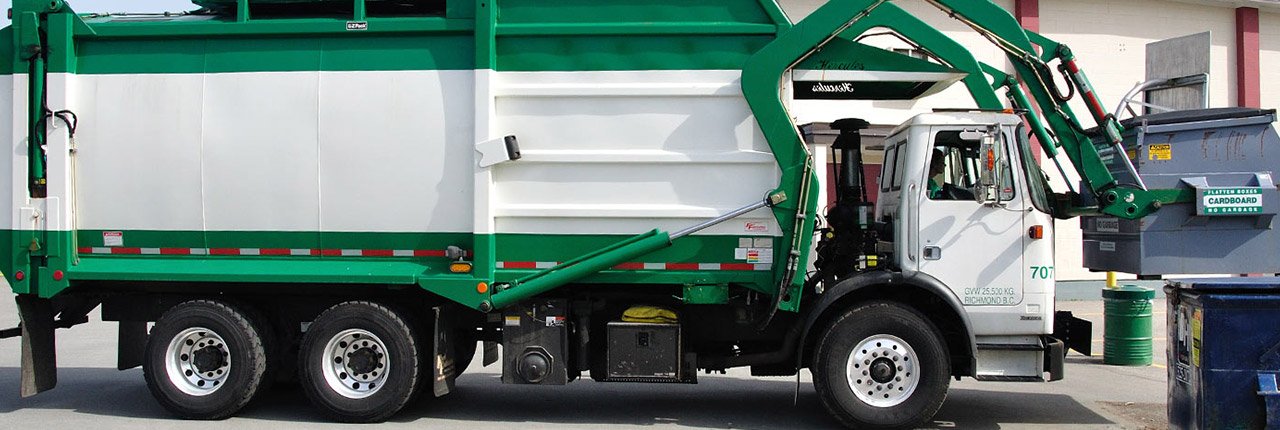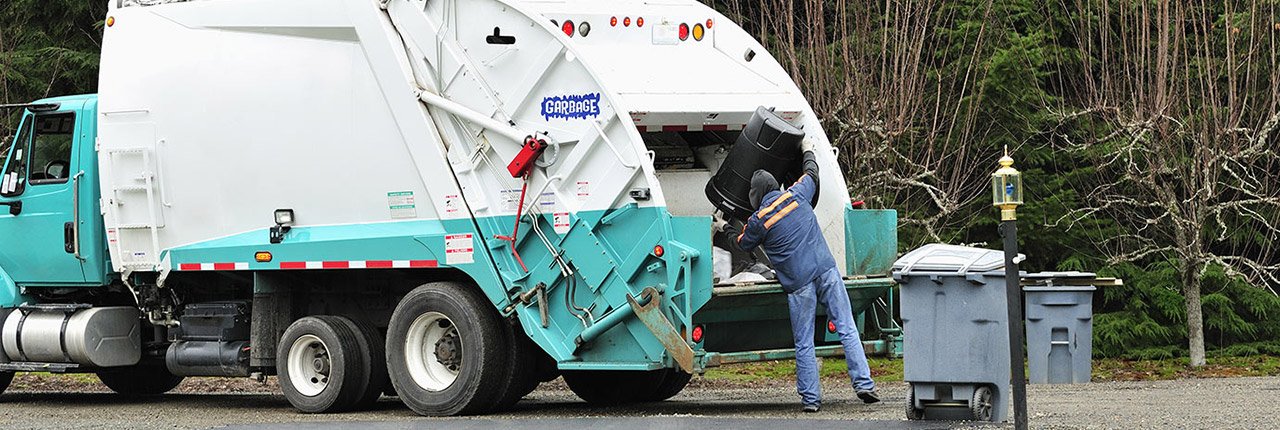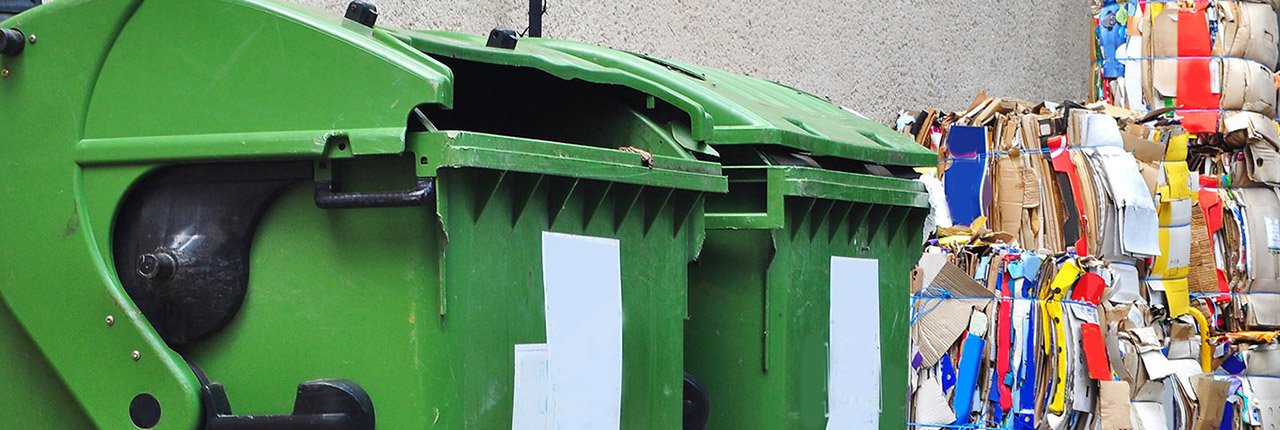Best Practices for Efficient Skip Hire Usage
Posted on 17/06/2025
Best Practices for Efficient Skip Hire Usage
Skip hire is an increasingly popular solution for managing waste from home renovations, construction sites, garden clearances, and commercial projects. However, simply hiring a skip bin isn't enough to ensure effective waste disposal. Efficient skip hire usage involves thorough planning, understanding regulations, and making conscious choices to reduce your environmental impact.
In this comprehensive guide, we will explore the best practices for skip hire to help you make the most of your service, minimize costs, and stay compliant with local waste disposal laws.
Understanding the Essentials of Skip Hire
Before delving into efficient skip bin usage practices, it's vital to grasp the fundamentals:
What is skip hire?
It's the process of renting a large container (skip) for waste collection. Skips come in various sizes to accommodate different project needs, from mini skips for small domestic clear-outs to large roll-on/roll-off skips for heavy construction debris.
Why Is Skip Hire Usage Efficiency Important?
- Cost control: Optimizing how you use your skip can help you avoid unnecessary rentals or overfills that incur extra charges.
- Environmental responsibility: Efficient usage reduces landfill waste and encourages recycling.
- Regulatory compliance: Adhering to guidelines avoids legal penalties.
- Project success: Seamless waste management streamlines home or business projects.
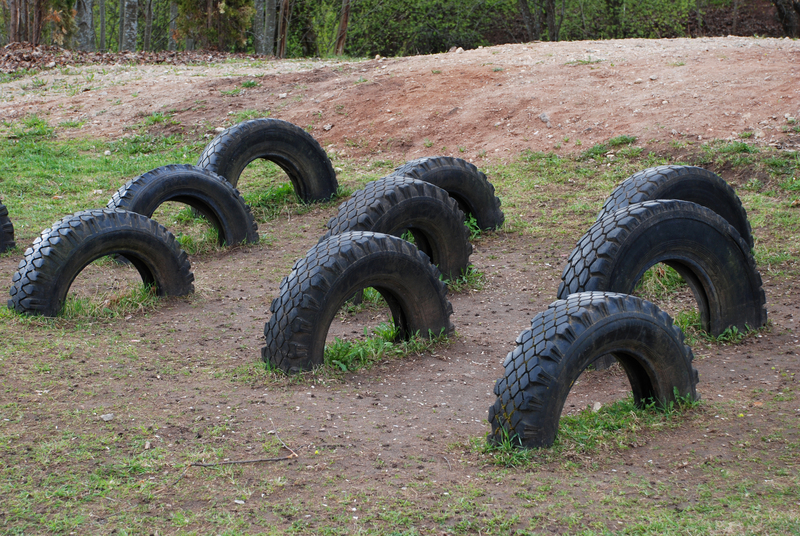
Choosing the Right Skip Size
One of the most common mistakes is selecting the wrong skip size. Hiring a skip that is too small can lead to overflow, while an oversized skip means wasted money and space. To avoid these issues:
- Estimate your waste volume: Use online calculators or seek advice from skip hire providers.
- Consider material type: Heavy waste usually requires a smaller skip, while bulky but lighter waste may need a larger one.
- Leave room for unexpected waste: Always allow a little margin for extra debris that may arise during your project.
Tip: Most reputable skip hire companies offer advice and size guides - don't hesitate to ask!
Best Practices for Filling a Skip Bin Efficiently
Maximizing the available space in your hired skip is essential. Follow these skip loading best practices to get the best value for your money:
1. Start with Flat Items
- Laying flat objects (such as doors, wood sheets, or cardboard) on the bottom ensures a stable foundation and utilizes the skip's entire base area.
2. Dismantle Bulky Items
- Break down furniture, boxes, and other large objects so they fit compactly. Disassembly can significantly increase the amount you can dispose of in one skip.
3. Fill Gaps
- After placing larger items, fill the spaces between them with smaller debris or loose waste, much like assembling a puzzle. This minimizes wasted space.
4. Distribute Weight Evenly
- Spreading out heavier items at the bottom--such as bricks and soil--ensures stability and helps avoid skip tilting during transport.
5. Avoid Overfilling
- Never fill a skip above its rim! Not only is this illegal and potentially hazardous, but it may result in extra charges or refusal of collection by your provider.
Separating and Sorting Your Waste
Adhering to effective waste segregation techniques enhances both efficiency and sustainability:
- Separate recyclables: Designate clear bags for plastics, metals, and paper. This allows recycling facilities to process your waste efficiently.
- Identify hazardous items: Items like batteries, paint, asbestos, and chemicals cannot go in general skips. Always consult your skip hire provider for guidance.
- Keep heavy and light waste distinct: Some skips are only rated for specific weight limits. Teaching your team or household about this ensures you stay within safe boundaries.
Did you know? Efficiently sorted skips often cost less to process at recycling centres.
Understanding and Following Skip Hire Regulations
Compliance with local laws and regulations is critical when using any skip hire service. Key considerations include:
Permits for Public Placement
- If your skip will be placed on a public highway, footpath, or road, you must obtain a permit from your local council.
- Permit costs vary by region and may require safety equipment like lights or markers.
Time Limits and Collection Schedules
- Exceeding your permitted time may lead to fines. Always confirm how long you can keep the skip and arrange timely collection to avoid extra charges.
Prohibited Materials
- Commonly banned items include asbestos, electrical appliances, tyres, chemicals, medical waste, and gas cylinders.
- Disposing of prohibited materials could result in penalties or even criminal charges.
Always check the list of allowed and prohibited materials with your skip hire provider before you start filling your skip!
How to Make Skip Hire More Eco-Friendly
With the growing emphasis on environmental sustainability, efficient skip bin hire use extends beyond convenience and compliance. Follow these guidelines for greener waste disposal:
1. Minimize Waste Generation
- Plan your project in advance to avoid purchasing unnecessary materials or creating excess debris.
2. Reuse and Donate Where Possible
- Before sending items to landfill, consider donating usable items (furniture, appliances) to charities or listing them for reuse locally.
3. Maximize Recycling
- Separate recyclable materials during your clear-out. Many skip hire companies now operate dedicated waste sorting facilities to increase recycling rates.
4. Choose Eco-Friendly Suppliers
- Research skip hire providers committed to recycling and responsible disposal. Many advertise their recycling rates--aim for those with higher percentages.
Optimizing Skip Hire for Different Projects
Whether you're managing home renovation, landscaping, or commercial construction, tailor your skip hire practices to the job:
Home Renovations
- Sort out what can be recycled--old tiles, ceramics, appliances.
- Break up bulky fixtures to maximize skip space.
- Keep hazardous materials separate and discuss disposal with your provider.
Garden and Landscaping Waste
- Compost organic materials on-site where possible.
- Bag up soil, grass, and green waste to avoid clogging the skip with loose material.
- Remove stones and tree roots before loading to maximize space for lighter waste.
Construction Sites
- Separate bricks, rubble, metal, and wood for recycling.
- Designate specific skips for different materials to streamline the recycling process.
- Use roll-on/roll-off skips for high-volume waste and ensure even loading to comply with transport regulations.
Cost-Saving Tips for Efficient Skip Bin Usage
Skip hire costs can escalate quickly if not managed wisely. Implement these strategies to keep your project within budget:
- Plan ahead to choose the optimal skip size. Avoid last-minute changes that could double your costs.
- Avoid overfilling: Penalties for exceeding fill lines are steep.
- Share skips with neighbors or nearby projects. This is especially useful for minor clear-outs.
- Use multiple smaller skips if necessary. Sometimes, two smaller skips (one for inert waste and one for general waste) work out cheaper than a large mixed waste skip.
- Check for hidden charges: Always read the provider's terms regarding permit fees, prohibited items, and surcharges.
Safety First: Complying with Health and Safety Practices
Efficient skip hire usage also means ensuring the safety of everyone involved--at home, on-site, and for skip lorry crews:
- Do not enter the skip for loading or rearranging waste. Sharp objects may cause injuries.
- Keep children and pets away from the skip. Skips can be dangerous play areas.
- Do not burn waste in the skip. This is hazardous and illegal.
- Place the skip in a safe, accessible location, avoiding obstructing fire exits, driveways, or public paths.
- Ensure safe access for collection vehicles. Avoid overhead obstructions and uneven surfaces.
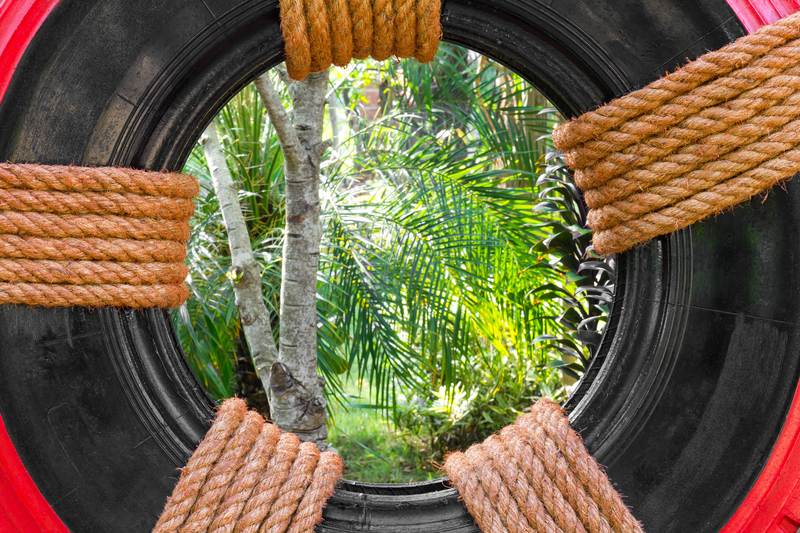
Frequently Asked Questions (FAQs) for Efficient Skip Hire Usage
-
Can I put anything in my skip?
No. There are strict regulations on prohibited items such as hazardous waste, electricals, and medical supplies. Always check with your skip provider. -
How do I avoid overfilling my skip?
Break down bulky waste, fill gaps methodically, don't exceed the rim, and plan your waste in advance. -
What happens if I need the skip for longer than arranged?
Contact your skip hire company promptly. Most offer extended hire at a daily or weekly rate. -
How can I make my skip hire more environmentally friendly?
Separate recyclables, divert reusable items, minimize excess waste, and choose eco-conscious providers.
Conclusion: Mastering Skip Hire Efficiency
Efficient skip hire use is not only about getting rid of rubbish but also about making responsible, cost-effective, and environmentally conscious decisions at every stage. From estimating the right skip size and maximizing space, to adhering to regulations and enhancing eco-friendliness, these best practices ensure a streamlined waste management process for any project.
Whether you're a homeowner, business manager, or contractor, implementing the above strategies will help you:
- Save money through optimal skip size selection and space maximization.
- Protect the environment via proper sorting and recycling.
- Avoid legal risks by complying with all regulations.
- Boost project productivity through organized waste removal.
Ready to get started? Contact your local skip hire company and put these best practices into action for the most efficient waste disposal experience!
For more information, always consult your skip hire provider. They are your best resource for tailored advice on safe, effective, and sustainable skip use.
Latest Posts
Creative Ways to Introduce Kids to Recycling
The Evolution of Waste Management Through Ancient to Modern Times
Discovering the Basics: What Exactly is a Builder's Skip





